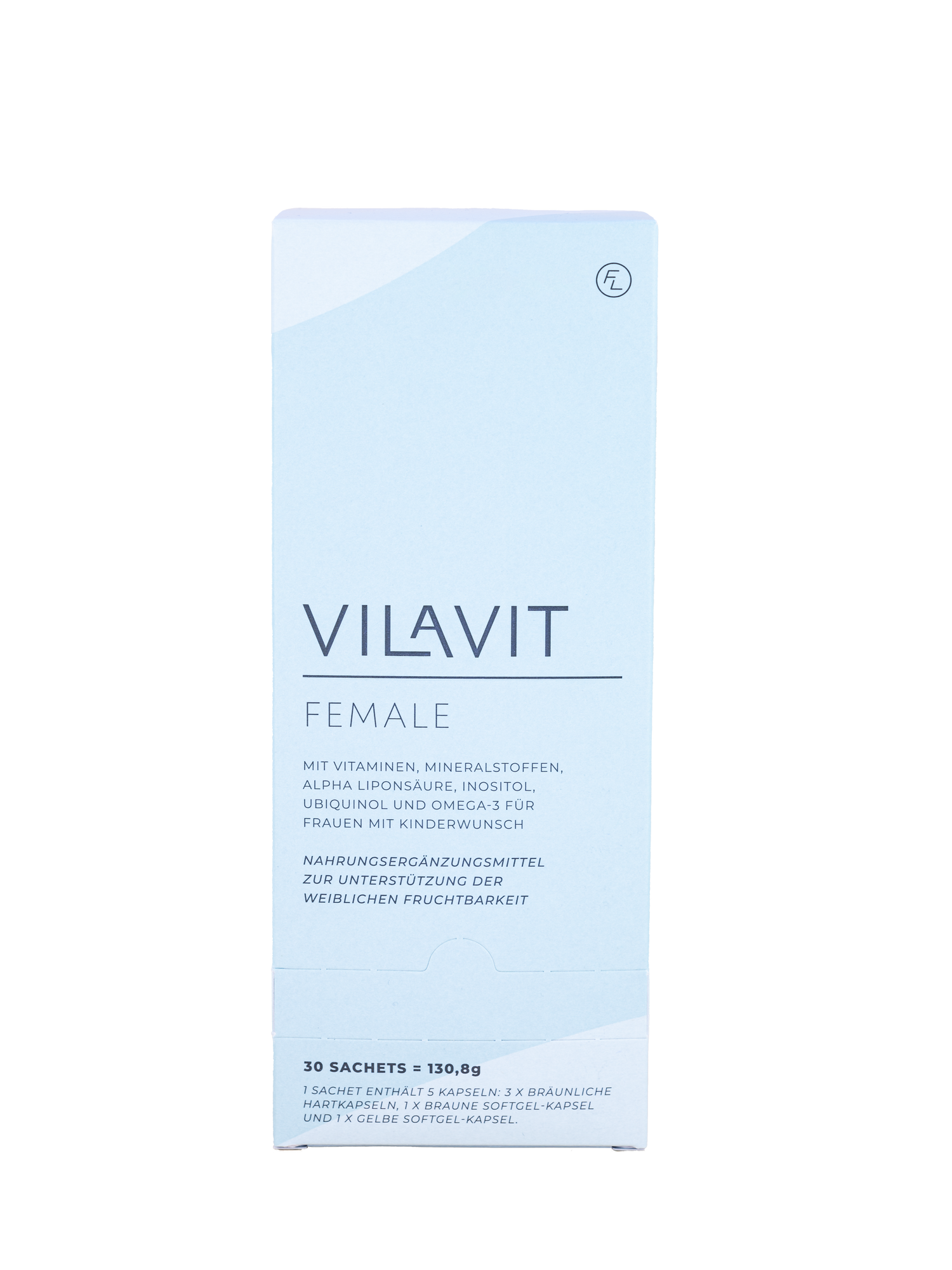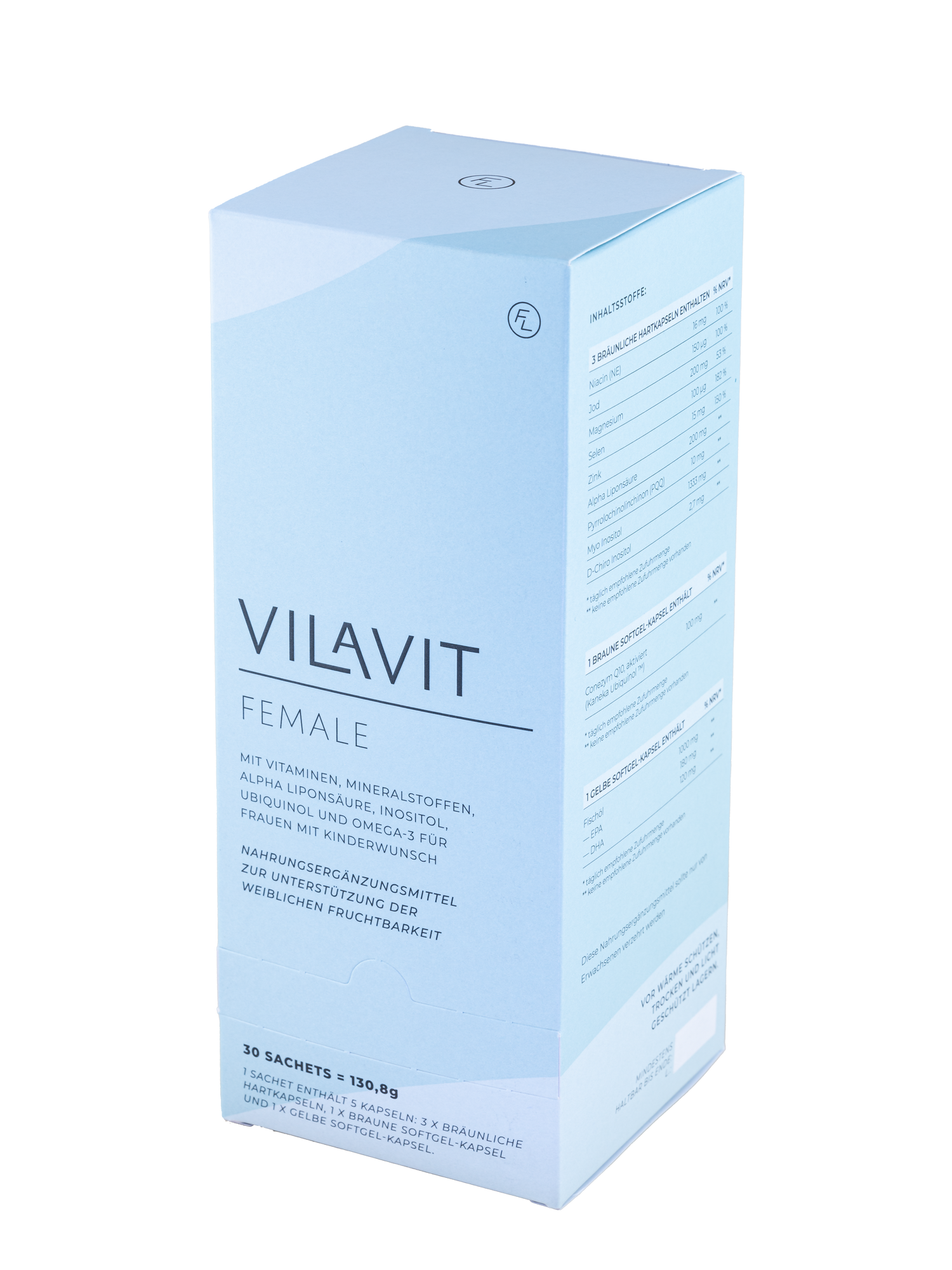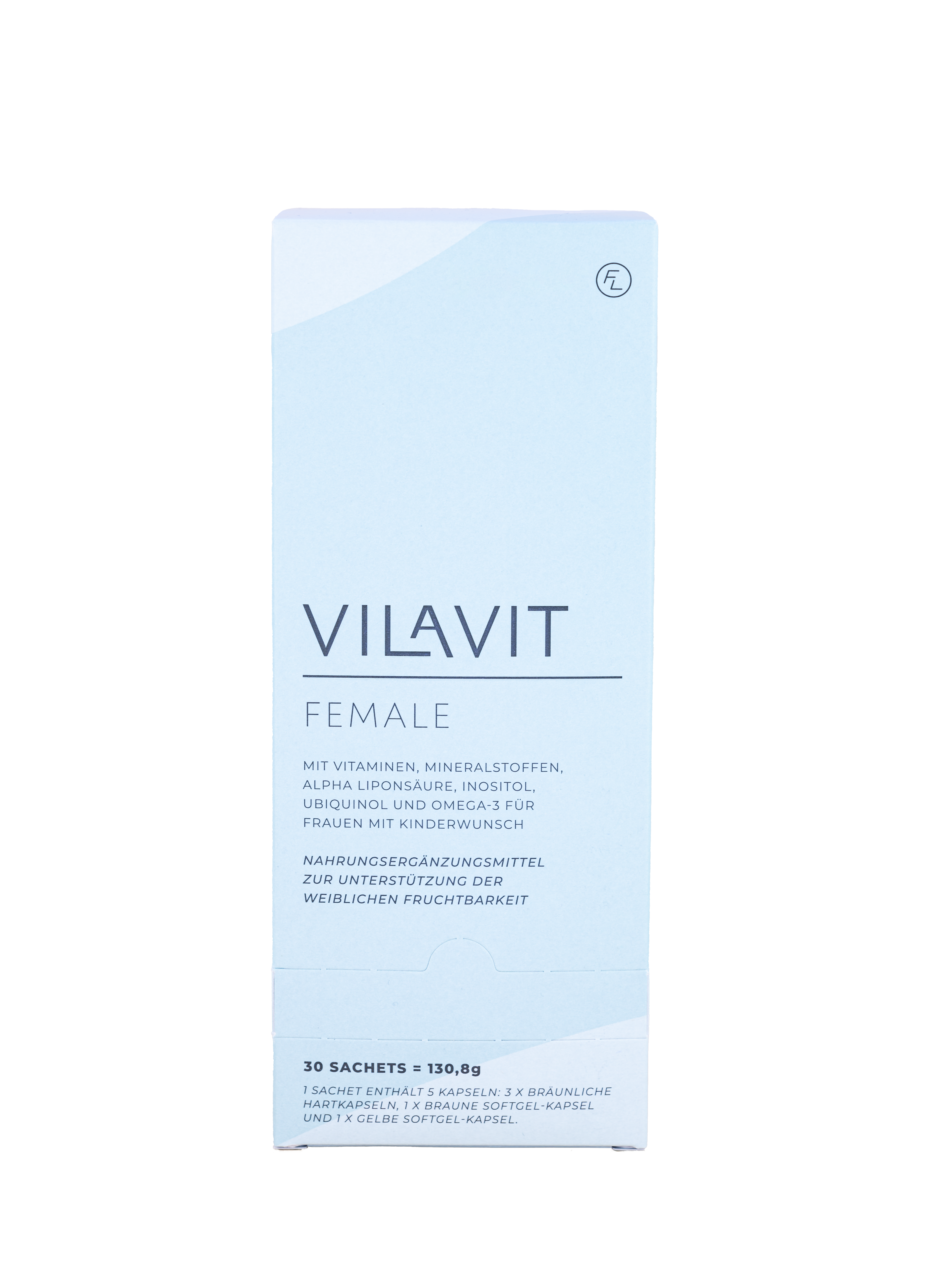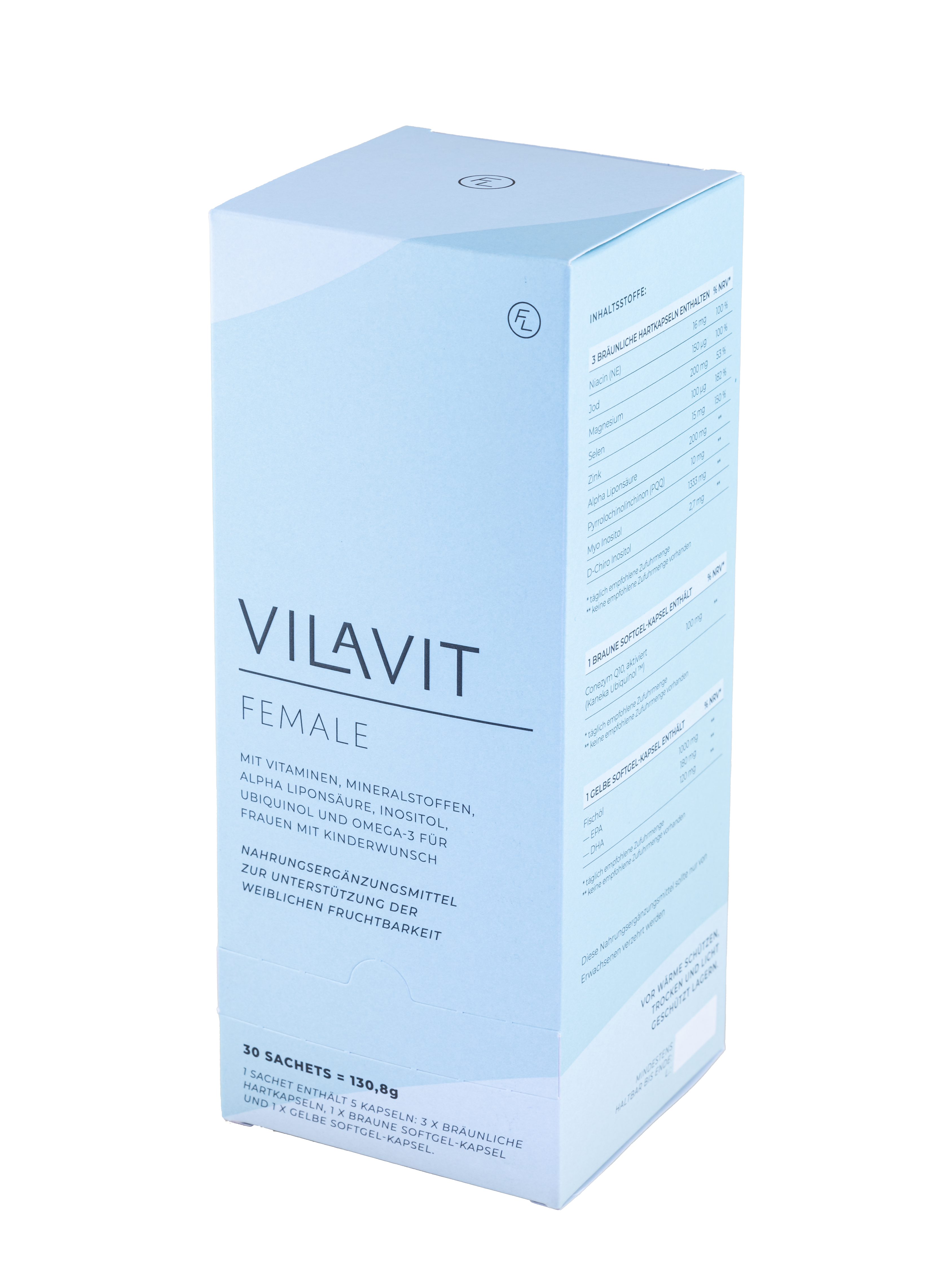Scientific findings suggest that immunological factors play a crucial role in the implantation process, with a disrupted immune mechanism potentially reducing the uterine lining's implantation capacity.
Natural Killer Cells (NK Cells)
Natural Killer Cells are integral to our innate immune defense. As immune system "guardians," they identify infected or aberrant cells, such as cancer cells, and eliminate them. The presence of foreign genetic material in the embryo can trigger a maternal immune response, leading to embryo rejection.
Studies indicate that women experiencing repeated implantation failures or miscarriages often have an elevated concentration of NK cells in the uterine lining. It is believed that these increased killer cells may hinder embryo implantation or lead to rejection.
Plasma Cells
Chronic inflammation of the uterine lining, known as endometritis, can result in the rejection of the developing embryo. Research suggests that about 10-20 percent of women facing recurrent implantation issues or repeated miscarriages may have endometritis, often accompanied by elevated plasma cells producing antibodies to combat invaders like pathogens.
Immunological Examination
For women with recurrent implantation failures or multiple miscarriages, an immunological examination is advisable. A sample of the uterine lining is collected between the 19th and 21st day of the cycle and examined in the laboratory for concentrations of NK cells and plasma cells.
Treatment Options
Treatment for elevated NK cells may involve medications that suppress the immune response or intralipid infusions. Chronic endometritis is often treated with a 14-day course of antibiotics.















